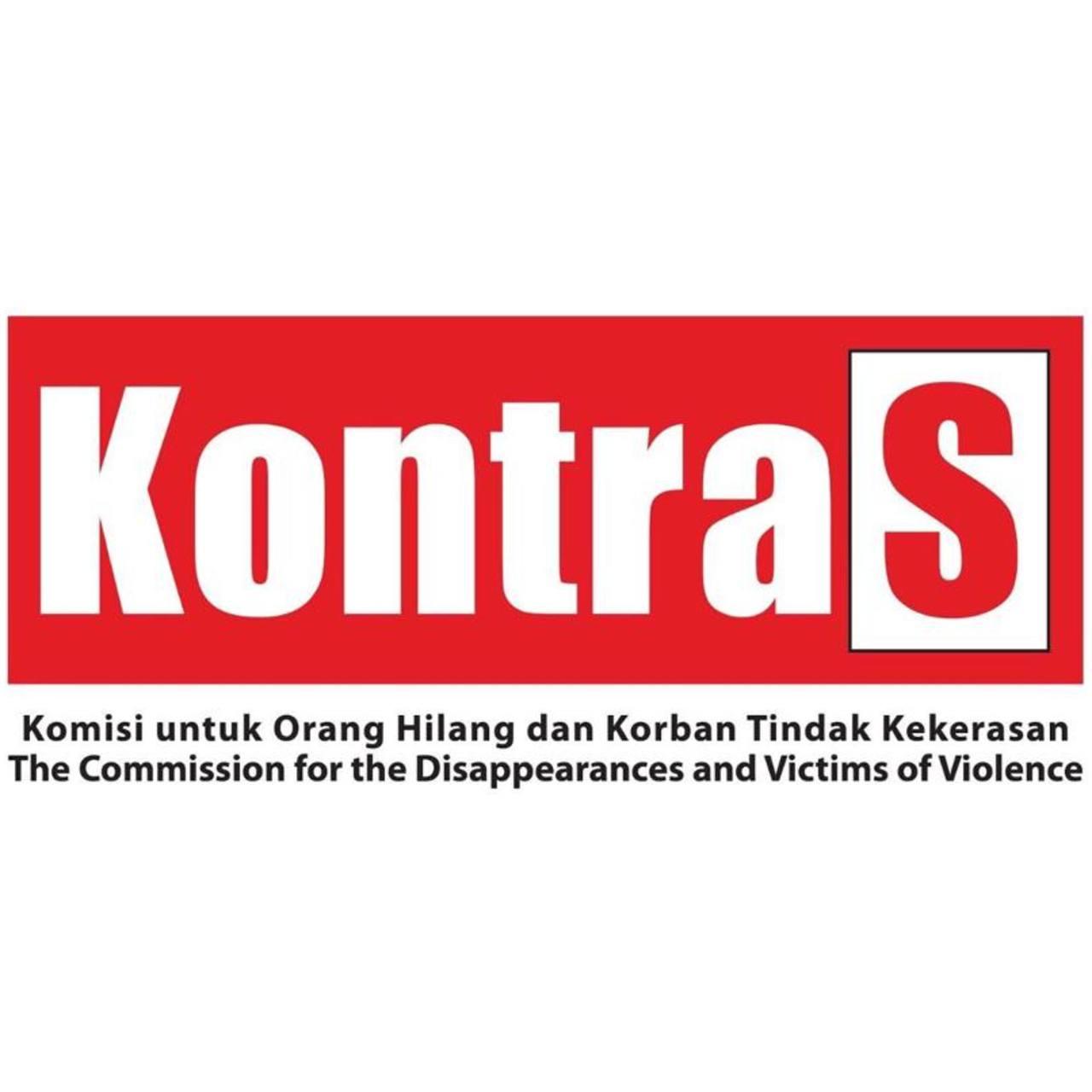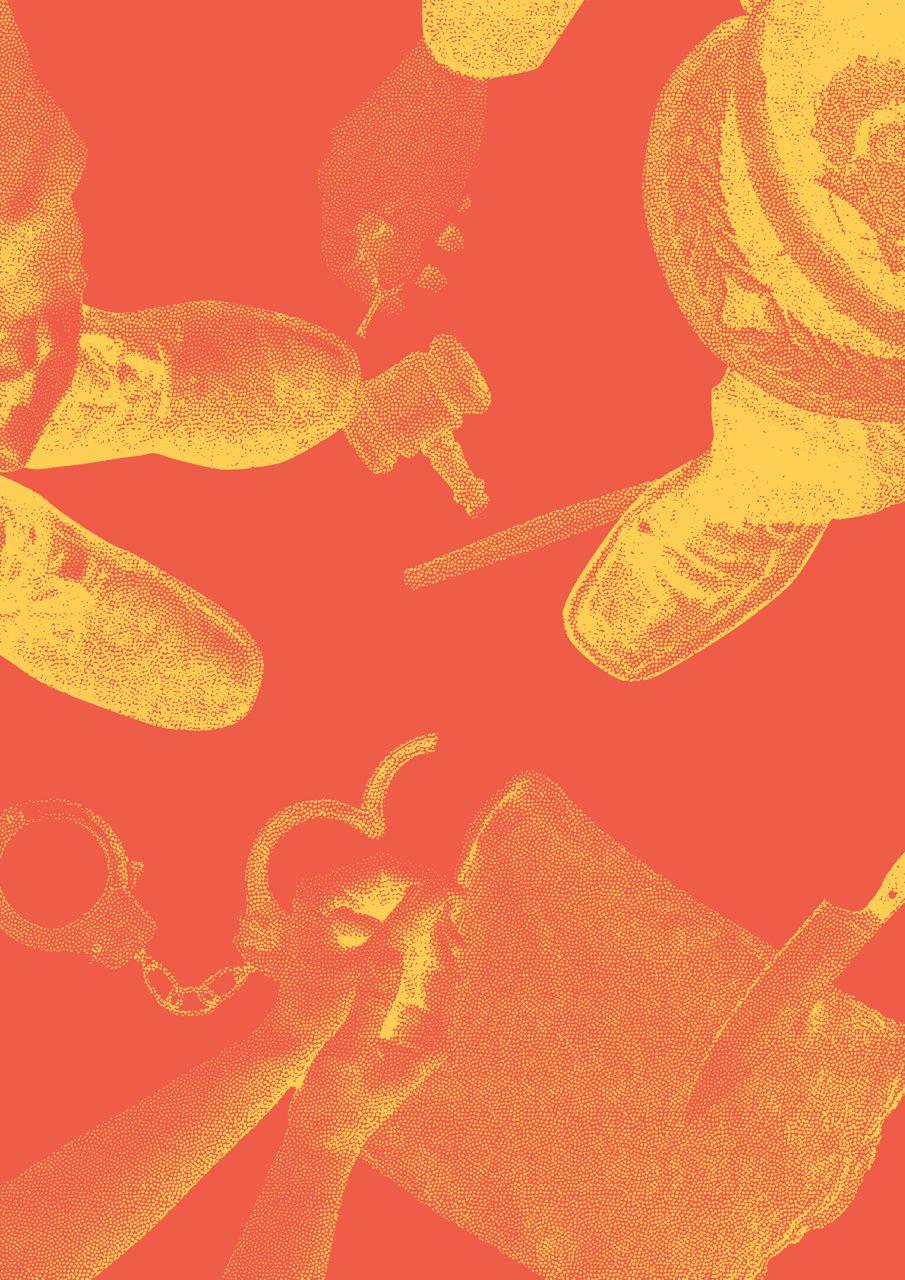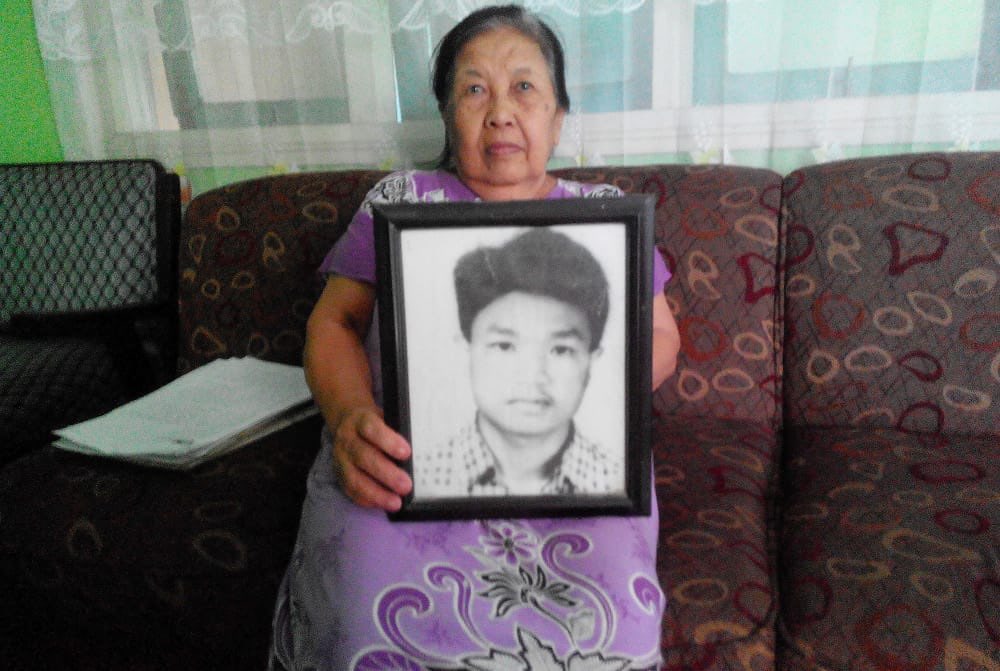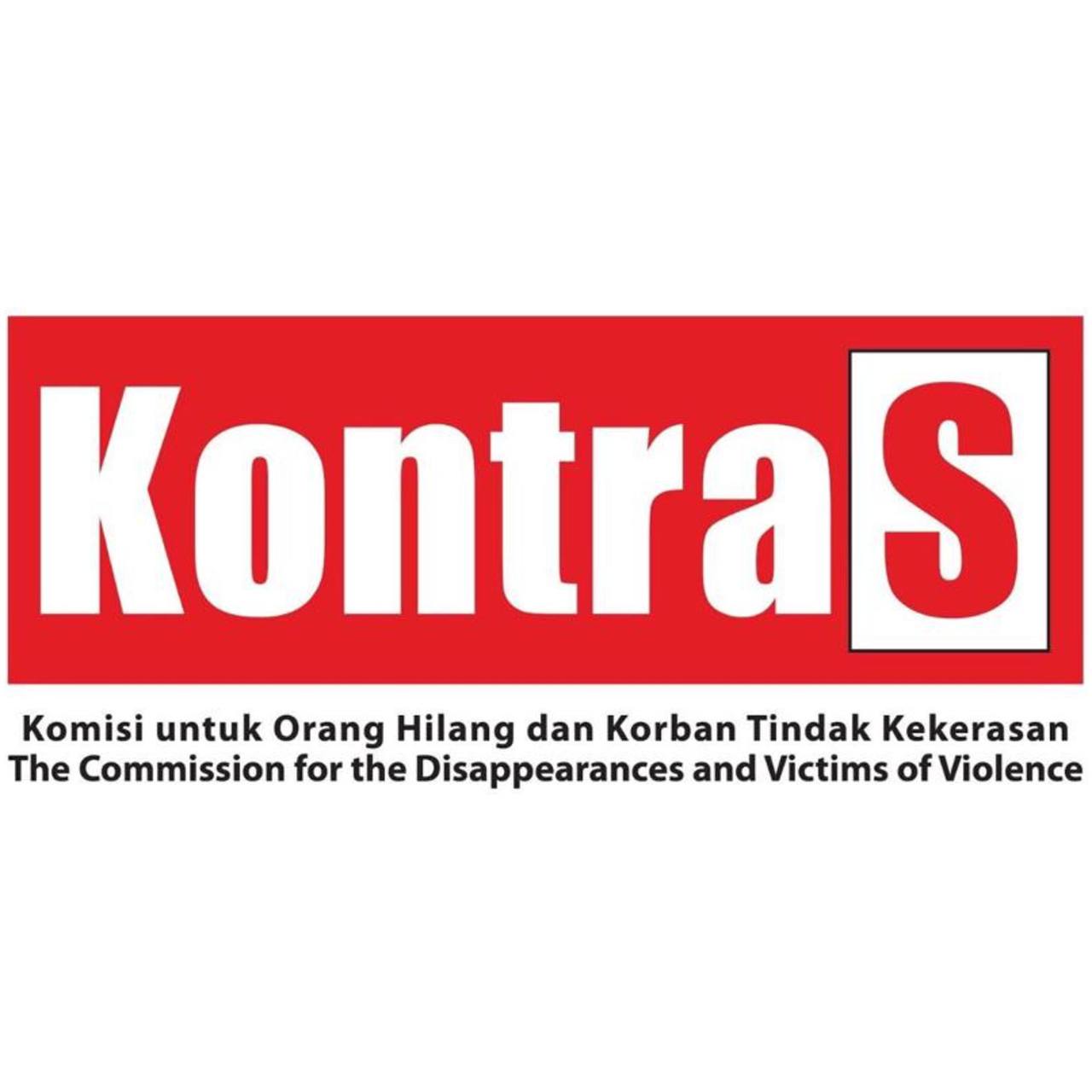Asia Pacific, 26th June 2024 – On this International Day in Support of Victims of Torture, our organisations express grave concern over the continued human rights violations in the Asia Pacific region. While state actors in Asia Pacific boast about their economic achievements, the reality remains grim for countless individuals victims of torture and ill-treatment.
Behind the facade of progress and development, the cries of victims echo through interrogation rooms and prison cells. State-led economic developments have not eradicated the horrors faced by many at the hands of their own governments. Civil society, including non-armed civilians, journalists, activists, indigenous peoples, and other vulnerable groups endure relentless torture and abuses by police and armed forces. Families mourn loved ones lost to extrajudicial killings and enforced disappearances, with state institutions often turning a blind eye to their suffering.
Repressive laws and the lack of accountability perpetuate this cycle of abuse. Efforts by civil society organizations to amend these laws and ensure comprehensive protections for victims are routinely dismissed by governments. Human rights groups denouncing violations of human rights in international fora are met with hostility and denial, further entrenching the culture of impunity, while recommendations by international entities, such as UN human rights bodies, are routinely disregarded by governments.
Despite ratifying anti-torture laws including the Convention Against Torture, Indonesia fails to uphold them. The ongoing torture cases and lack of transparency in investigations expose a government unwilling to confront this brutal reality. As such, KontraS Indonesia documented 60 cases of torture perpetrated and nurtured by police as the dominant perpetrator, followed by the Indonesian Armed Forces (TNI), and warden from June 2023 - May 2024. Similarly, torture remains prevalent in Malaysia, with incidents of physical abuse during remand and investigations. In 2023, 125 inmates reported beatings, and a viral video showed police officers torturing a suspect. Cases like the deaths of P. Karuna Nithi and Shashikumar Selvam highlight prolonged struggles for justice. Extrajudicial killings and enforced disappearances, such as Pastor Raymond Koh's case, persist.
In Thailand, the 2023 Prevention and Suppression of Torture and Enforced Disappearance Act has not been adequately enforced. Torture in police custody and mistreatment of political activists remain prevalent. Despite commitments, Thailand has yet to ratify key international treaties and implement preventive measures effectively. The situation in the Philippines is equally troubling, with torture, enforced disappearances, and extrajudicial killings targeting journalists, activists, and critics. The Anti-Terrorism Act's vague definitions are exploited to suppress dissent. Urgent reforms are needed to improve accountability and protection for human rights defenders and journalists.
In India, the Border Security Force (BSF) is reported to routinely torture and mistreat civilians along the Bangladesh border. MASUM India documented 74 cases between 2020 and 2023. Legal loopholes and a lack of independent oversight have led to impunity, with no known convictions of BSF personnel. In Nepal, torture by security forces persists, particularly during detentions and counter-terrorism efforts. A lack of accountability and limited investigations fuel a climate of impunity. Civil society urges Nepal to ratify the Optional Protocol to the Convention Against Torture.
Torture is also still widely used in Bangladesh, often employed by police to extract confessions and intimidate political opponents. Before the January 2024 general elections, many opposition members were detained and reportedly tortured. Allegations of torture in police stations, detention centers, and prisons are rampant. In Pakistan, despite the 2022 Torture and Custodial Death (Prevention and Punishment) Act torture remains pervasive. Significant gaps persist in the implementation of the law, the effectiveness of protection mechanisms, and the accountability of those responsible for human rights violations.
We urge state authorities to:
-
Provide comprehensive support services to victims of torture including medical, psychological, and pro bono legal assistance;
-
Strengthen legal frameworks and enforcement mechanisms by developing preventive measures to reduce instances of torture perpetrated by entities such as police forces, national armed forces, and prison authorities;
-
Urge the Governments of Malaysia and India to promptly ratify the Convention Against Torture (CAT) without delay;
-
Urge the Governments of Indonesia, Bangladesh, Thailand and Nepal to promptly ratify the Optional Protocol on the Convention Against Torture (OP-CAT) without delay.
Signatories
-
Asia Alliance Against Torture members
-
The Commission for the Disappeared and Victims of Violence (KontraS) - Indonesia
-
Suara Rakyat Malaysia (SUARAM) - Malaysia
-
Task Force Detainees (TFDP) - Philippines
-
Medical Action Group (MAG) - Philippines
-
Cross Cultural Foundation (CrCf) - Thailand
-
Odhikar - Bangladesh
-
Advocacy Forum - Nepal
-
Banglar Manabadhikar Suraksha Mancha (MASUM) - India
-
Musawi - Pakistan
-
Milk Tea Alliance
-
World Organisation Against Torture (OMCT)
-
Asian Forum for Human Rights and Development (FORUM-ASIA)
-
International Rehabilitation Council for Torture Victims (IRCT)
Tags

KontraS
Komisi Untuk Orang Hilang dan Korban Tindak Kekerasan




